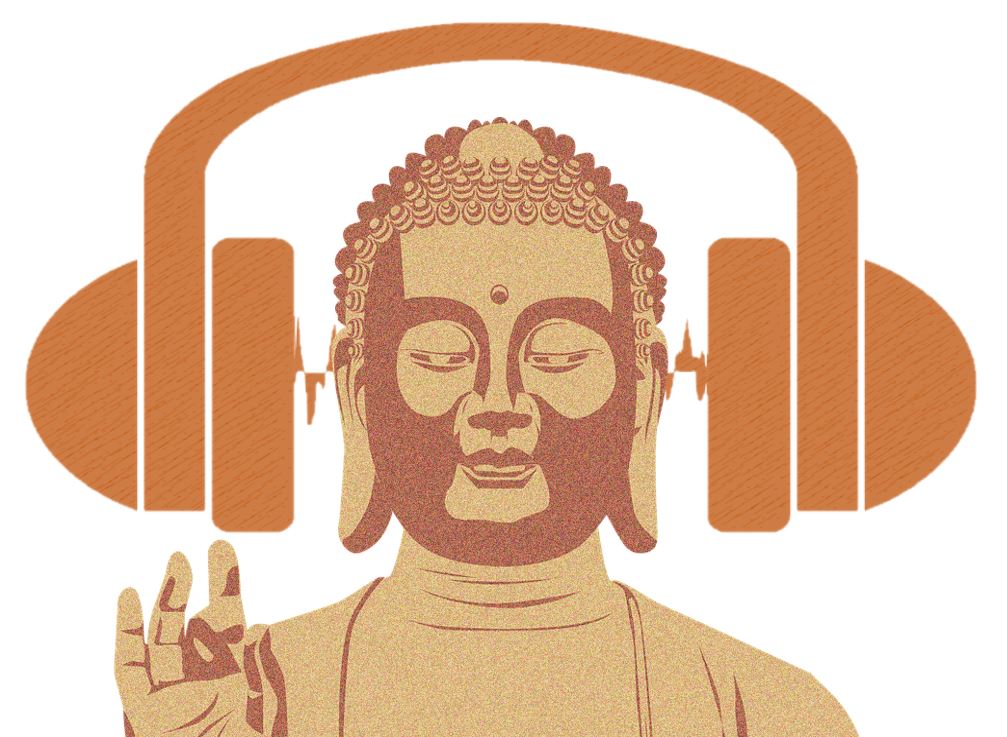We sometimes resort to strategies of planning and controlling as a refuge in times of uncertainty, but changing conditions often render this strategy ineffective at best, or frustrating and disappointing or perhaps even depressing. Our practice teaches us the value of continuous mindfulness, so why not adopt a more reliable strategy: TBA – To Be Aware!! Allowing awareness to connect with the changing nature of present moment experience keeps us from speculating about future outcomes that may never happen and saves us from punishing judgements about what has already happened. We will explore how TBA can help us reduce our dissatisfaction and discontentment and be more present to our life.
Buddhist practice is sometimes considered to be primarily about working with “suffering.” However, happiness, joy and well-being are also integral parts of the path of practice. How might we cultivate and integrate happiness and well-being so that they rightfully take a seat at the practice table?
To download this recording, right-click and select ‘save audio as’ or select the 3-dot menu to the right of the speaker icon.
To download this recording, right-click and select ‘save audio as’ or select the 3-dot menu to the right of the speaker icon.
Resolving the conflict between a “healthy ego” and the Buddhist goal of experiencing the truth of “no permanent abiding self” can be a confusing process. Yet, if we don’t undertake the process, our suffering continues. For example, we sit on our cushions cultivating patience and tolerance, yet in our daily life we find ourselves frustrated with others’ opinions that do not reliably conform to our way of thinking. The Buddhist solution is to explore the path which leads towards understanding and experiencing “no permanent abiding self.” Not easy in a world which cannot even agree on basic scientific truths. We will discuss some practical applications for the cultivation of “no permanent self”, or “emptiness,” on the cushion and in daily life.
Vesak is the most important holiday of the year for Buddhists. It celebrates the Buddha’s birth, awakening, and passing into nibbana (parinibbana) at death. In many countries, it is recognized on the Full Moon Day of May as a national holiday. We will look at how the day is celebrated throughout the world, and then look at how we might take inspiration from these celebrations and from the life of the Buddha for our own practice.
Teachings and practices on the following expressions of Taking the One Seat will be offered: Somatically, Steadying the mind and Working with non-reactivity at the sense doors.
This evening Talk will serve as an introduction to the June 25th daylong retreat, covering foundational topics from which the daylong will deepen into and expand upon.
The Historical Buddha explicitly described the three trainings of the Eight-Fold Path as “the Middle Way.” At first glance, this description seems to provide a clear and tangible guide to evaluating elements of practice: What practice represents the middle point between extremes?
Is this what is meant by this teaching? Is it that simple? What standard would we use to make this seemly straight-forward evaluation? Or is there something more? How does the notion of “the Middle Way” fit into the Buddha’s finely woven net of teachings, psychology, methods and values.
During this evening we’ll examine the historical factors that led to this teaching. The context in which it was first introduced. And practical and powerful applications which provide a more expansive basis for understanding the role of the Middle Way in practice and life. The subject matter of this evening is appropriate for all stages of practice.
Meditation can be seen as the process of learning to recognize and trust a natural quality of awareness that is available to all of us in any moment no matter what is happening in our experience. This awareness allows us to open to and connect with the truth of each moment.
As we gain confidence in the mind’s ability to recognize this natural awareness, we begin to release the burden of trying to control, manipulate, or fix experience so that it meets our ideas of the way it should be, and relax into the truth of the way it actually is.
We start to see directly for ourselves what leads to well-being and freedom and what leads to suffering, both in our own life and in the world around us. Through this process we begin to live our lives from a place of greater balance, integrity, confidence, and connection.
Visit Us
SIM meets online and in-person at the Sacramento Dharma Center
What is Dana?
Dana is a Buddhist word that means generosity or heart. Nearly all Sacramento Insight Meditation activities are offered on a dana (donations) basis. This means our programs are sustained by the generosity of instructors in offering teachings freely and on the generosity of students and members of the meditative community in the form of financial support, service and participation in events. Practice dana, please support our Sangha. DONATE NOW

